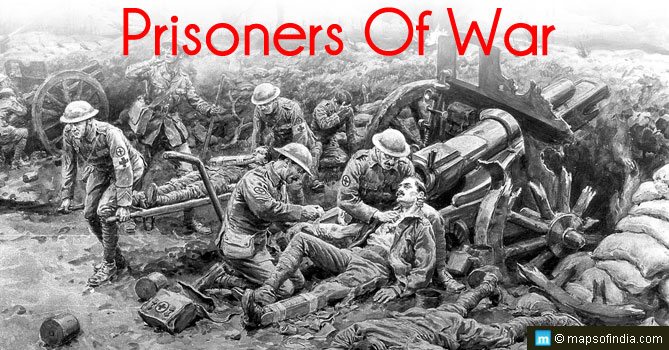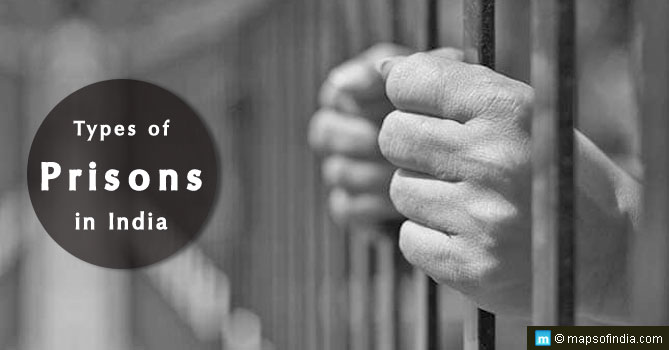In ancient times, at the end of a battle, the enemies of the losing side who were taken as prisoners were invariably slaughtered or even enslaved. However, things changed in the Modern Times in 1648, when the Treaty of Peace of Westphalia was signed, ending a 30-year war in Europe, which established that prisoners of war would be released without ransom at the end of the hostility.
Since then we have come a long way and today Prisoners of War (PoW) are protected by the Geneva Conventions of 1949 (The Third Convention) and their Additional Protocols.
The Geneva Conventions of 1949 and Their Additional Protocols of 1977
Geneva Conventions of 1949 and their Additional Protocols of 1977 are international treaties. It was first adopted in 1864 for the “Amelioration of the Condition of the Wounded in the Armies in the Field” after Henry Dunant, founder of the Red Cross, published a book proposing the establishment of an organisation that would provide relief and humanitarian aid during wartime. Updated several times since then, Geneva Conventions of 1949 today is at the core of international humanitarian law. It works towards limiting the barbarity of war with some very stringent rules and regulations formulated under four treaties that protect the civilians, the wounded on land, the wounded at sea and the prisoners of war.
Prisoner of War
According to the Third Geneva Convention, Prisoner of War (PoW) includes any individual, whether a combatant or a non-combatant, who is being held captive by a hostile nation during or immediately after an armed conflict with the said nation. PoWs are prisoners of the country that captures them. All PoWs are protected by the laws governing the status unless otherwise proven. The status of PoW applies only to international conflicts.
Captured persons are deemed to be a Prisoner of War under the following circumstances:
- They are lawful combatants and thus have immunity from punishment for acts which otherwise would be considered to be a crime. For e.g. When they kill an enemy combatant.
- They must belong to a chain of command and wear a fixed distinctive marking. Thus this clause includes that the persons must be donning uniforms and badges.
- They must bear arms openly.
Rights of the PoWs
The PoWs are protected by the Third Geneva Convention. The rules were first detailed in 1929 and then later modified in 1949, after World War II, and has143 articles. Geneva Convention of 1949 specifies the following rules:
- The PoWs cannot be compelled to give any information other than their name, rank, age and service number.
- If because of his physical or mental condition, he is unable to answer the question, he should be handed over to the medical corps.
- A PoW must be allowed to keep with him all his personal possessions which does not include arms and military papers.
- The PoWs shall be released and repatriated immediately after the cessation of active hostilities.
- They should be treated with honour and humanely.
- PoWs should be allowed to inform the International Committee of Red Cross of their capture.
- They should be allowed to inform their family of their status.
- If held captive for a long period of time, they should be allowed to contact their relatives on a regular basis.
- They are allowed to receive packages.
- PoWs should be provided with adequate food.
- When held captive for long, they should be provided with housing as well as clothing.
- They should not be made to do any dangerous or degrading work.
- They should be reimbursed if any work was done by them.
- If a PoW has been wounded in the battlefield, he shall receive help from the International Committee of Red Cross.
Any country that breaks any of the aforesaid rules concerning a PoW is liable to be punished.





